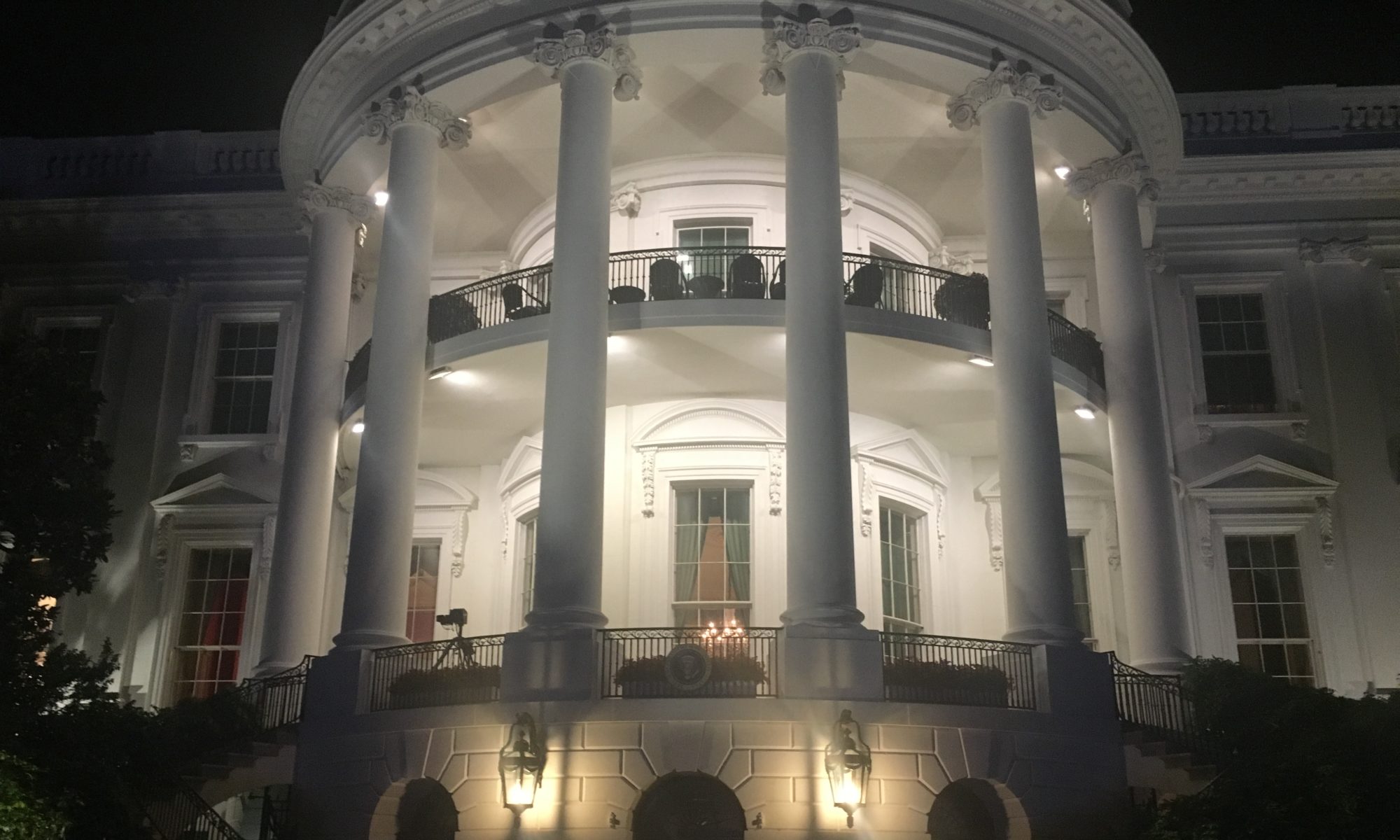May 24, 2019
Yesterday, the Trump Justice Department brought an 18 count indictment against Julian Assange, charging him under the Espionage Act for his publication of secret and classified information that Chelsea Manning provided to him in 2009 and 2010, (Source: U.S. v. Assange, Crim. No. 1:18-cr-111(CMH), E.D. Va., 5/23/19). This superseding indictment sent a chill through the spine of journalists and First Amendment advocates everywhere, as it represented the first time that the act has been used to prosecute the recipient, rather than the source, of information, (Source: “Assange Indicted Under Espionage Act, Raising First Amendment Issues,” by Charlie Savage, The New York Times, 5/23/19).
The superseding indictment had nothing to do with Assange’s role in hacking the DNC servers during the 2016 election, or with any alleged cooperation with the Russian interference in our election. This prosecution seeks to punish Assange for his role in encouraging Chelsea Manning to provide him with, and then disclosing, scores of government documents that were classified at the SECRET level, defined as information whose “unauthorized disclosure reasonably could be expected to cause serious damage to national security,” (Source: U.S.v. Assange, p.16, par.45). The government highlights Assange’s reckless disregard for the fact that his unredacted disclosure of the leaked information posed “a grave and imminent risk to human life,” (Source: U.S. v. Assange, pp. 11-12). Given the fact that these charges are being brought ten years after the fact, it is hard to credit concern for human life, hardly the hallmark of this administration, as the animating rationale behind this indictment.
In the press conference announcing the charges, John Demers, Head of the Justice Department’s National Security Division, brushed aside concerns about press freedom, asserting that Assange is “no journalist.”. In this age where bloggers, digital outlets and freelance investigative journalists are all news sources, the government has no business being the arbiter of who is or isn’t a journalist. The more salient point is that the Espionage Act contains “no exemption for journalists” and prior administrations refused to prosecute publishers because they feared setting a “dangerous precedent,” (Source: “The Latest Julian Assange Indictment Is an Assault on Press Freedom,” by Brian Barrett, Wired.com, 5/23/19). No such concern restrains the Trump administration.
Assange’s role in the Russian interference with our 2016 elections may be reprehensible. He may deserve extradition to Sweden to be held accountable for charges of rape, but our animus should not blind us to the grave danger these charges pose to freedom of the press. We should recognize that the government picked Assange precisely because he is deeply unpopular across the political spectrum. They are hoping that antipathy towards Assange will leave him, and the future of investigative journalism, defenseless.
It is instructive to reflect on the history of the Espionage Act, which has been used as a tool to stifle dissent since its passage in 1917. Initially enacted during World War I, it was used by nativists to punish the perceived disloyalty of Irish and German Americans. The prosecution of socialist Charles T. Schenck for distribution of flyers opposing the draft, activity that should have been protected by the First Amendment, was upheld by The Supreme Court, (Source: “The Espionage Act’s Troubling Origins,” by Priscilla Guo, The Electronic Frontier Foundation, eff.org, 6/14/17). The Espionage Act was deployed against suspected communists during the McCarthy Blacklist era in the 1950’s, and against Daniel Ellsberg in the 1970’s for leaking The Pentagon Papers. How do we think that Trump, a more corrupt president than Nixon and a more venal person that Joseph McCarthy, will use a statute like The Espionage Act? We have no choice but to side with Assange on this. In the words of Oliver Wendell Holmes, “Hard cases make bad law.”
